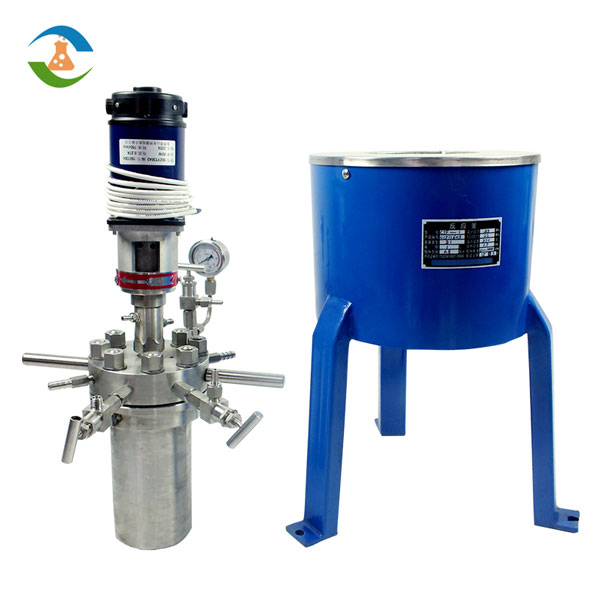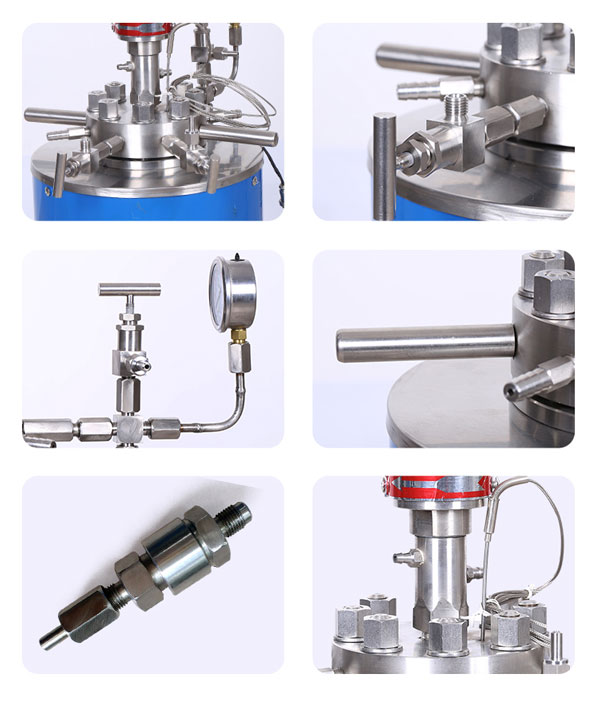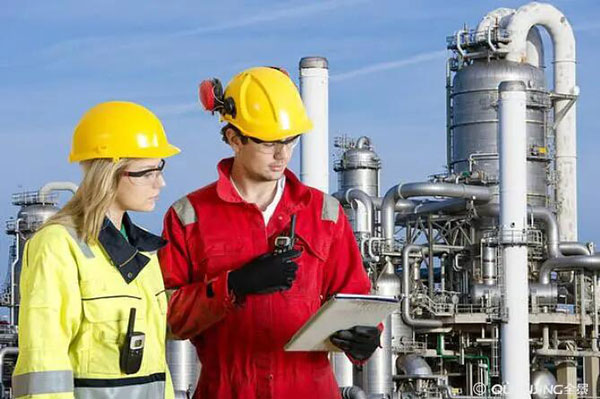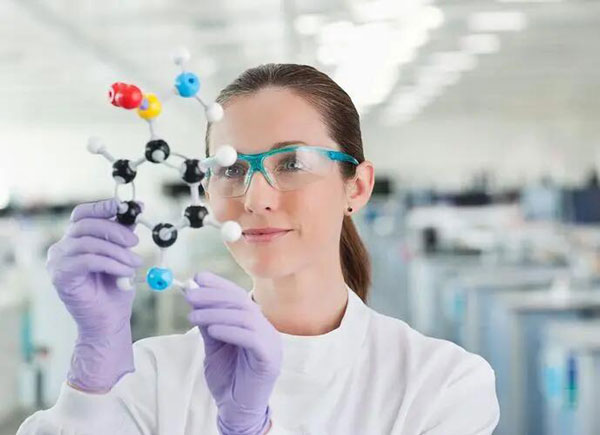In the vast landscape of chemical engineering, high-pressure stainless steel reactors have emerged as indispensable tools, revolutionizing a wide range of industrial applications. These reactors possess unique characteristics that enable them to handle demanding conditions, making them ideal for processes requiring high temperatures, pressures, and corrosive environments. This article explores the features, applications, and benefits of high-pressure stainless steel reactors, with a focus on their remarkable versatility and efficacy in real-world scenarios. Additionally, we will delve into a compelling case study that highlights the effectiveness of these reactors in an industry-leading application. By understanding the capabilities and advantages of high-pressure autoclave reactor, we can appreciate their significant contributions to modern industrial processes.
I. Understanding High-Pressure Stainless Steel Reactors
Material Properties and Robust Construction
High-pressure stainless steel reactors are constructed from durable stainless steel alloys, renowned for their exceptional resistance to corrosion. These reactors are typically fabricated using austenitic stainless steel grades, such as 304 and 316, which provide excellent mechanical and thermal properties. The incorporation of elements such as chromium and nickel enhances the steel’s resistance to oxidation, acids, and other corrosive substances. The result is a robust vessel capable of withstanding extreme conditions, including elevated temperatures and pressures, while ensuring safe and efficient operation in various industries.

Advanced Sealing Mechanisms
To ensure the integrity and safety of high-pressure stainless steel reactors, advanced sealing mechanisms are employed. These mechanisms include metal gaskets, O-rings, or specially designed flanges that establish a tight seal, even under high-pressure conditions. By preventing leaks, these sealing mechanisms safeguard operators and prevent undesirable reactions or emissions. The meticulous design and implementation of these seals contribute to the reliable performance and longevity of the reactors.

II. Applications of High-Pressure Stainless Steel Reactors
Petrochemical Industry
The petrochemical industry heavily relies on high-pressure stainless steel reactors for the production of fuels, polymers, and other essential chemicals. These reactors facilitate various processes, such as catalytic cracking, hydrogenation, and polymerization, which require elevated temperatures and pressures to achieve efficient and cost-effective results. By operating within stringent parameters, high-pressure stainless steel reactors enable the petrochemical industry to meet the growing demand for high-quality products.

Pharmaceutical Industry
In the pharmaceutical industry, high-pressure stainless steel reactors play a crucial role in the synthesis and production of active pharmaceutical ingredients (APIs). These reactors provide a controlled environment to carry out reactions involving high-pressure gases, ensuring the safety and efficacy of the final products. Furthermore, they contribute to the development of new drug formulations and continuous flow chemistry, enabling pharmaceutical companies to meet the ever-evolving demands of healthcare.

Chemical Synthesis and Research
High-pressure stainless steel reactors serve as invaluable tools in chemical research and synthesis laboratories. They facilitate the exploration of novel reactions and optimization of existing processes, empowering researchers to develop innovative materials, catalysts, and specialty chemicals. The precise control over temperature, pressure, and reaction time afforded by these reactors allows for accurate data collection and reproducibility. In turn, this promotes scientific advancement and enhances the efficiency and effectiveness of chemical synthesis and research.
III. Case Study: High-Pressure Stainless Steel Reactor in Polymer Research
In a leading research institute focused on polymer science, scientists embarked on a project to develop a high-performance polymer with enhanced thermal stability. They turned to a high-pressure stainless steel reactor as a key component in their research.
The high-pressure stainless steel reactor offered several advantages for this application. Its robust construction and corrosion resistance allowed for the use of aggressive catalysts and elevated temperatures, crucial for the polymerization process. The reactor’s precise temperature and pressure control ensured reproducibility and provided valuable insights into reaction kinetics.
By leveraging the capabilities of the high-pressure stainless steel reactor, the research team successfully synthesized a polymer with exceptional thermal stability. This breakthrough material showcased immense potential for applications in industries such as aerospace and automotive, where high-temperature environments are common.
The case study exemplifies the importance of high-pressure stainless steel reactors in driving innovation and delivering materials with superior properties. The versatility and reliability of these reactors empower researchers and engineers to explore new frontiers in polymer science and beyond.
IV. Advantages of High-Pressure Stainless Steel Reactors
Enhanced Safety
High-pressure stainless steel reactors offer enhanced safety by providing a durable containment vessel for hazardous substances. Their robust construction and reliable sealing mechanisms minimize the risk of leaks or accidents, ensuring operator safety and preventing environmental damage. These reactors are designed to withstand extreme pressures and temperatures, offering peace of mind in demanding industrial environments.
Corrosion Resistance
The exceptional corrosion resistance of stainless steel alloys used in high-pressure reactors ensures their longevity and minimizes maintenance costs. By withstanding corrosive substances, these reactors provide a reliable solution for various industries, where exposure to aggressive chemicals is common. This resistance to corrosion allows for sustained performance and operational efficiency.
High-pressure stainless steel reactors have become indispensable tools across diverse industries, offering unparalleled capabilities to handle demanding conditions. Their robust construction, corrosion resistance, and precise control over parameters enable safe and efficient execution of chemical processes. From the petrochemical industry to pharmaceuticals and research laboratories, these reactors find applications in vital sectors. The showcased case study illustrates their effectiveness in pushing the boundaries of materials science.
As industrial processes evolve and demand for high-quality products grows, high-pressure stainless steel reactors will continue to play a pivotal role in advancing innovation and driving progress. With their versatility, safety features, and reliability, these reactors empower industries and researchers alike to unlock new possibilities and realize the full potential of advanced industrial applications.
